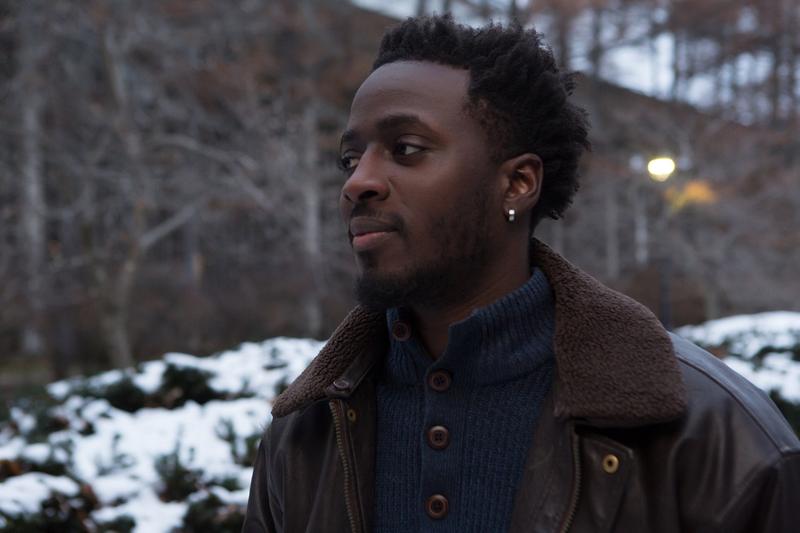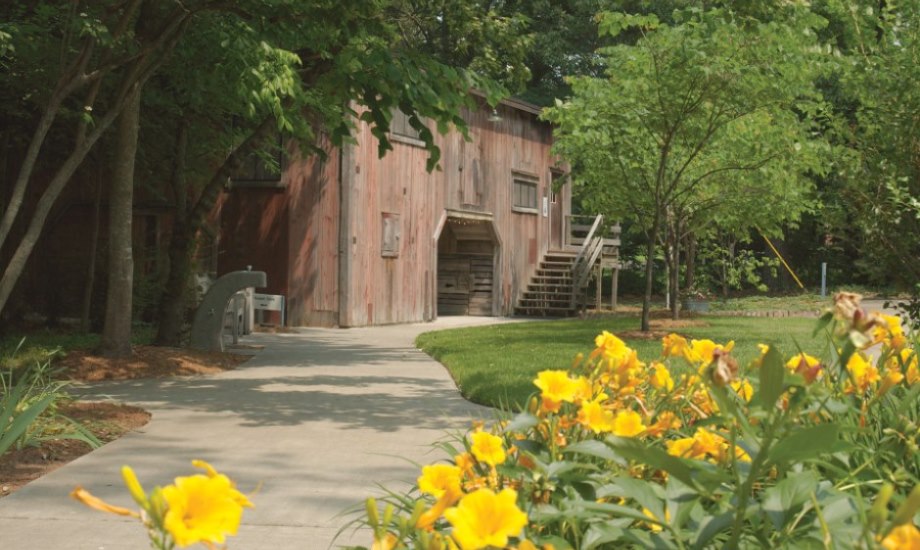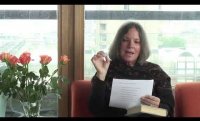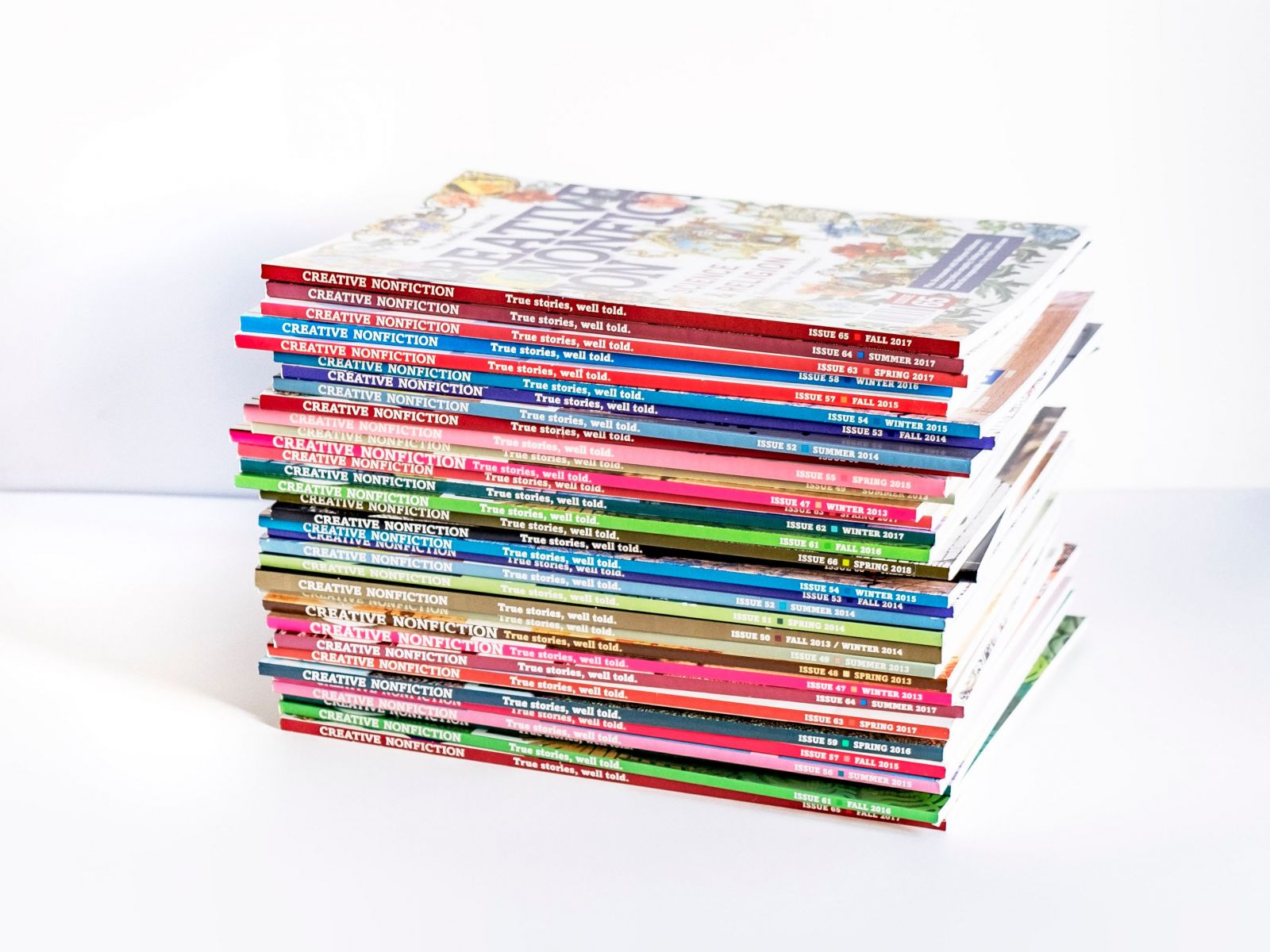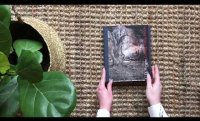As we head into the holiday weekend, consider submitting to these writing contests, all of which are open to poets, fiction writers, or nonfiction writers. Each contest offers a prize of at least $1,000 and publication and has a deadline of February 28.
Association of Writers & Writing Programs Award Series: Two prizes of $5,500 each and publication by a participating press are given annually for a poetry collection and a short story collection. In addition, two prizes of $2,500 each and publication by a participating press are given annually for a novel and a book of creative nonfiction. Entry fee: $30
Fish Publishing Flash Fiction Prize: A prize of €1,000 and publication in the Fish Publishing anthology is given annually for a short short story. Entry fee: €14
Glimmer Train Press Fiction Open: A prize of $3,000, publication in Glimmer Train Stories, and 20 copies of the prize issue is given twice yearly for a short story. A second-place prize of $1,000 is also given. Entry fee: $21
Glimmer Train Press Very Short Fiction Award: A prize of $2,000, publication in Glimmer Train Stories, and 20 copies of the prize issue is given twice yearly for a short short story. Entry fee: $16
National Poetry Series Open Competition: Five prizes of $10,000 each and publication by participating trade, university, or small press publishers are given annually for poetry collections. Publishers include Beacon Press, Ecco, Milkweed Editions, Penguin Books, and University of Georgia Press. Entry fee: $35
Red Hen Press Women’s Prose Prize: A prize of $1,000 and publication by Red Hen Press is given annually for a book of fiction or nonfiction by a woman. Entry fee: $25
Tupelo Press Snowbound Chapbook Award: A prize of $1,000 and publication by Tupelo Press is given annually for a poetry chapbook. Entry fee: $25
Visit the contest websites for complete guidelines, and check out the Grants & Awards database and Submission Calendar for more contests in poetry, fiction, and creative nonfiction.





